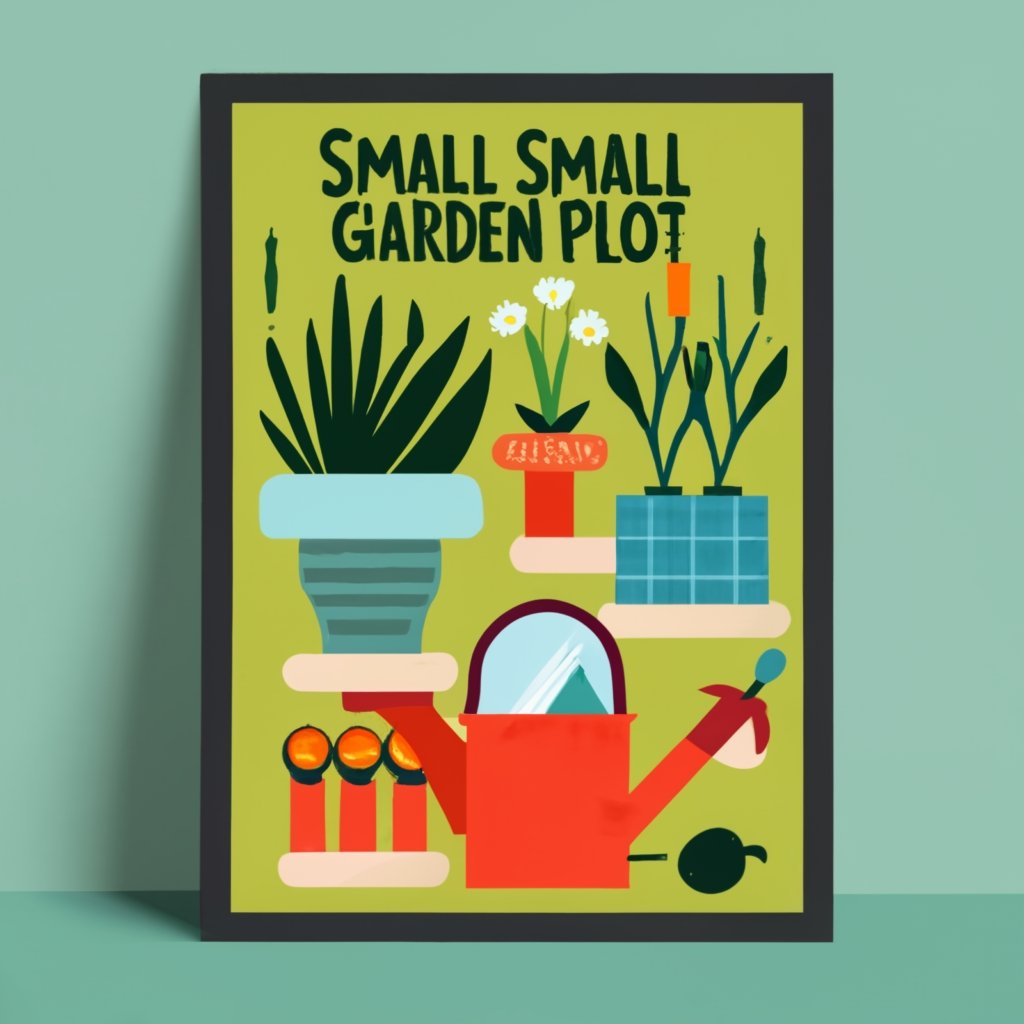Table of Contents
Worms in no till gardens are essential to healthy soil, and they play a crucial role in maintaining a healthy garden. They help break down organic matter, improve soil structure, and increase nutrient availability. No-till gardening is a popular technique that involves growing plants without disturbing the soil. It helps to maintain a healthy soil structure, retain moisture, and reduce erosion. Using worms in a no-till garden is a great way to further improve soil health and increase plant growth.
Worms can be added to a no-till garden in a variety of ways. One option is to simply let the worms colonize the garden naturally. Another option is to introduce them by adding worm castings or vermicompost to the soil. Worm castings are a rich source of nutrients and beneficial microorganisms that can help improve soil health. Vermicompost is created by feeding organic matter to worms and allowing them to break it down into a nutrient-rich soil amendment.
Using worms in a no-till garden can help to improve soil health, increase plant growth, and reduce the need for synthetic fertilizers. They help to break down organic matter, improve soil structure, and increase nutrient availability. Whether you choose to let the worms colonize the garden naturally or introduce them by adding worm castings or vermicompost, they are sure to make a positive impact on your garden.

Understanding No Till Gardening
Concept and Benefits
No till gardening is a method of growing crops without disturbing the soil structure. Instead of tilling, gardeners use natural processes to create healthy soil and promote plant growth. This method has several benefits, including:
- Reduced soil erosion: Tilling can loosen soil and expose it to wind and water erosion. No till gardening helps to keep the soil in place and prevent erosion.
- Improved soil structure: Tilling can destroy soil structure and reduce its ability to hold water and nutrients. No till gardening helps to maintain soil structure and improve its ability to support plant growth.
- Increased soil biodiversity: Tilling can disrupt the natural balance of soil microorganisms. No till gardening helps to promote soil biodiversity and create a healthy ecosystem for plants to grow.
Tools and Equipment
To start a no till garden, gardeners need a few essential tools and equipment. These include:
- Garden fork: A garden fork is used to loosen the soil without tilling it. This helps to aerate the soil and promote healthy root growth.
- Mulch: Mulch is used to cover the soil surface and suppress weed growth. It also helps to retain moisture in the soil and regulate soil temperature.
- Compost: Compost is used to add organic matter to the soil and improve its fertility. It also helps to promote soil biodiversity and create a healthy ecosystem for plants to grow.
In addition to these tools and equipment, gardeners also need to choose the right crops for their no till garden. Some crops, such as tomatoes and peppers, do well in no till gardens, while others, such as carrots and radishes, may require more soil preparation. By understanding the concept and benefits of no till gardening and using the right tools and equipment, gardeners can create a healthy and sustainable garden that produces abundant crops year after year.

Role of Worms in No Till Gardening
No Till Gardening is a method of gardening that involves planting crops without disturbing the soil. This method has many benefits, including reducing soil erosion, improving soil structure, and increasing soil fertility. One of the key components of No Till Gardening is the use of worms. Worms play an important role in No Till Gardening by enriching the soil and providing natural pest control.
Soil Enrichment
Worms are known to be excellent soil aerators. They burrow through the soil, creating channels that allow air, water, and nutrients to reach plant roots. In addition, when worms consume organic matter, they excrete nutrient-rich castings that are a natural fertilizer for plants. These castings contain high levels of nitrogen, phosphorus, and potassium, which are essential nutrients for plant growth. As a result, No Till Gardens that have a healthy population of worms tend to have healthier plants with higher yields.
Natural Pest Control
Worms also provide natural pest control in No Till Gardens. They consume a variety of insects, including slugs, snails, and other pests that can damage plants. In addition, worms attract other beneficial insects, such as ground beetles and centipedes, which also help to control pests. This natural pest control is an important component of No Till Gardening because it reduces the need for synthetic pesticides, which can harm beneficial insects and pollute the environment.
In conclusion, worms play a crucial role in No Till Gardening by enriching the soil and providing natural pest control. No Till Gardeners should aim to create a healthy population of worms in their soil by adding organic matter, such as compost, and avoiding the use of synthetic pesticides. By doing so, they can enjoy the many benefits of No Till Gardening, including healthier plants, higher yields, and a more sustainable garden.
Introducing Worms to Your Garden
Choosing the Right Worm Species
Before introducing worms to your garden, it is important to choose the right species. The most common earthworms used in gardens are red wigglers and nightcrawlers. Red wigglers are smaller and are better suited for composting, while nightcrawlers are larger and are better suited for soil aeration.
Proper Introduction Techniques
Once you have chosen the right worm species, it is important to introduce them to your garden properly. Here are some techniques for introducing worms to your garden:
- Start small: Begin by adding a small number of worms to your garden and gradually increase the number over time.
- Create a worm-friendly environment: Worms thrive in moist, organic-rich soil. Add compost or other organic matter to your soil to create a worm-friendly environment.
- Avoid using pesticides: Pesticides can harm worms and other beneficial organisms in your garden. Use natural pest control methods instead.
- Protect worms from extreme temperatures: Worms are sensitive to extreme temperatures. Keep your garden well-watered during hot weather and cover it with mulch during cold weather.
By following these techniques, you can introduce worms to your garden and reap the benefits of their soil-enhancing abilities.
Maintaining a Worm-Friendly Environment
Worms are essential for maintaining healthy soil in a no-till garden. To ensure that they thrive, it is important to create a worm-friendly environment. This section will cover two important aspects of maintaining a worm-friendly environment: feeding and nourishing worms, and avoiding common threats.
Feeding and Nourishing Worms
Worms need a healthy diet to thrive. They feed on organic matter such as leaves, grass clippings, and vegetable scraps. To keep worms healthy, it is important to provide them with a variety of organic matter. A mixture of green and brown organic matter is ideal.
Green organic matter is high in nitrogen and includes things like fresh grass clippings, kitchen scraps, and coffee grounds. Brown organic matter is high in carbon and includes things like dried leaves, straw, and wood chips. A good ratio of green to brown organic matter is 1:2.
In addition to organic matter, worms also need moisture to survive. The soil should be kept moist, but not waterlogged. If the soil is too dry, worms will not be able to move through it and will die. A layer of mulch can help retain moisture in the soil.
Avoiding Common Threats
There are several common threats to worms in a no-till garden. Pesticides, herbicides, and synthetic fertilizers can all harm worms. They can also harm the microorganisms in the soil that worms rely on for food. It is important to avoid using these products in a no-till garden.
Another threat to worms is soil disturbance. Worms prefer stable environments and constant soil disturbance can drive them away. Excessive tilling, digging, or frequent soil disturbance can disrupt the earthworms’ homes and make them leave the area. To avoid this, it is important to minimize soil disturbance in a no-till garden.
By following these guidelines, you can create a worm-friendly environment in your no-till garden. This will help ensure that worms thrive and that your soil remains healthy and fertile.

Monitoring and Improving Your Garden
Assessing Worm Population
Regularly monitoring the worm population in your no-till garden is crucial to ensure the soil quality remains optimal for plant growth. One way to assess the worm population is to conduct a worm count. Simply dig a small hole in your garden and count the number of worms you find. Repeat this process in different areas of your garden to get an accurate representation of the worm population.
Another way to assess the worm population is to observe the soil structure. Healthy soil with a thriving worm population should have a crumbly texture and be full of small tunnels and holes created by the worms. If the soil appears compacted and lacks structure, it may be an indication that the worm population is low or non-existent.
Adjusting Gardening Practices
If the worm population is low, it may be necessary to adjust gardening practices to encourage worm activity. One way to do this is to add organic matter to the soil. Worms thrive in soil that is rich in organic matter, such as compost, leaf litter, and grass clippings. Adding organic matter not only provides food for the worms but also improves soil structure and fertility.
Another way to encourage worm activity is to reduce soil disturbance. Worms are sensitive to disturbance and can be harmed by tilling or digging. No-till gardening is an excellent way to promote worm activity as it minimizes soil disturbance and allows the worms to thrive.
In addition to these practices, it is essential to maintain a healthy soil pH and avoid using chemical fertilizers and pesticides that can harm the worm population. By monitoring and adjusting gardening practices, gardeners can improve the worm population in their no-till gardens, leading to healthier and more productive plants.

Pingback: Revolutionize Your Grow with No Till Gardening Techniques
Pingback: Exploring the Unique World of Nightcrawler Worms: A Comparison with Red Worms - Wiggle And Waste
Your point of view caught my eye and was very interesting. Thanks. I have a question for you.
Thanks for sharing. I read many of your blog posts, cool, your blog is very good.